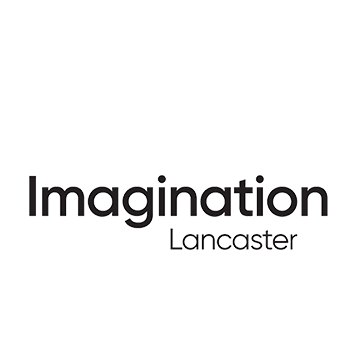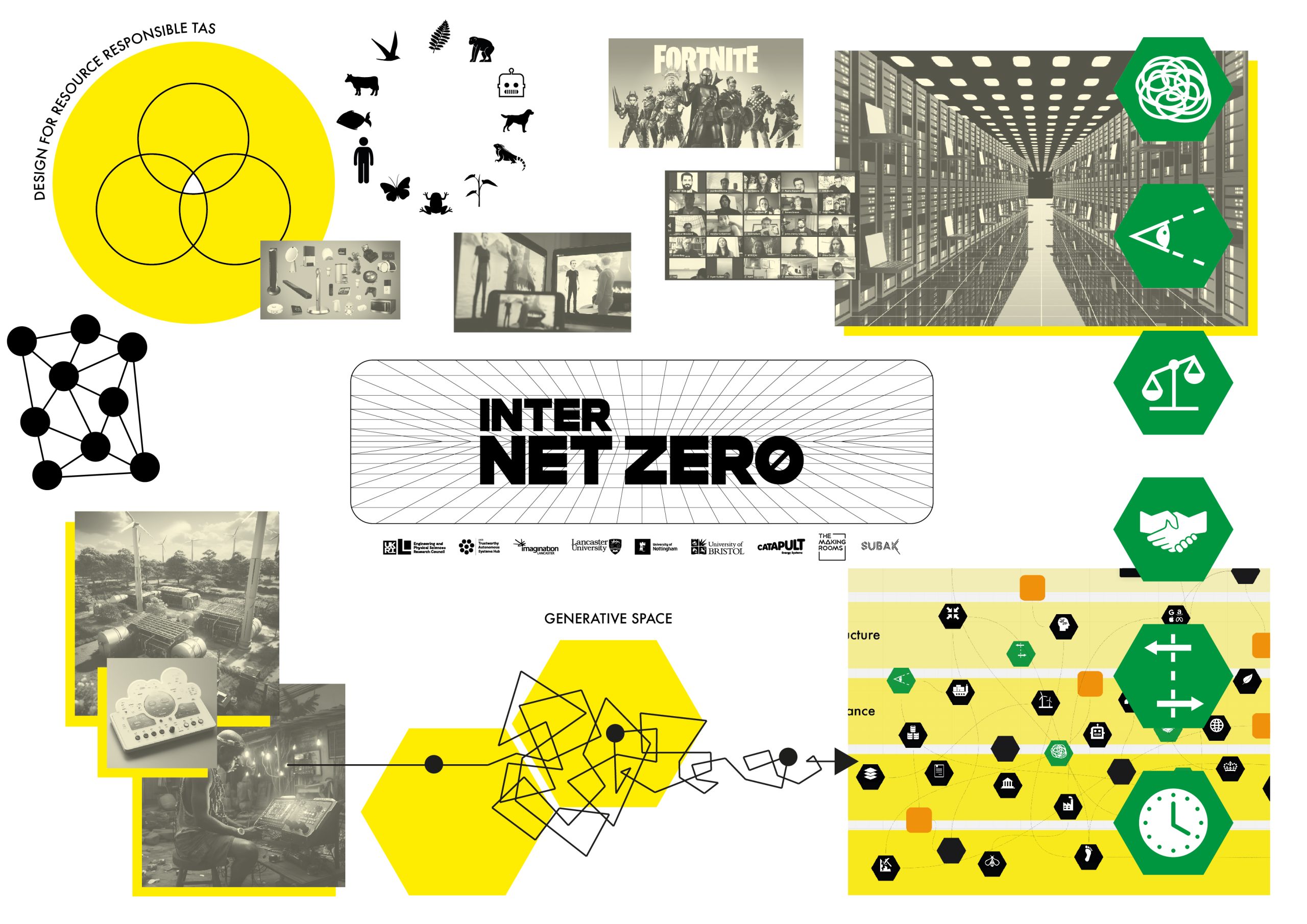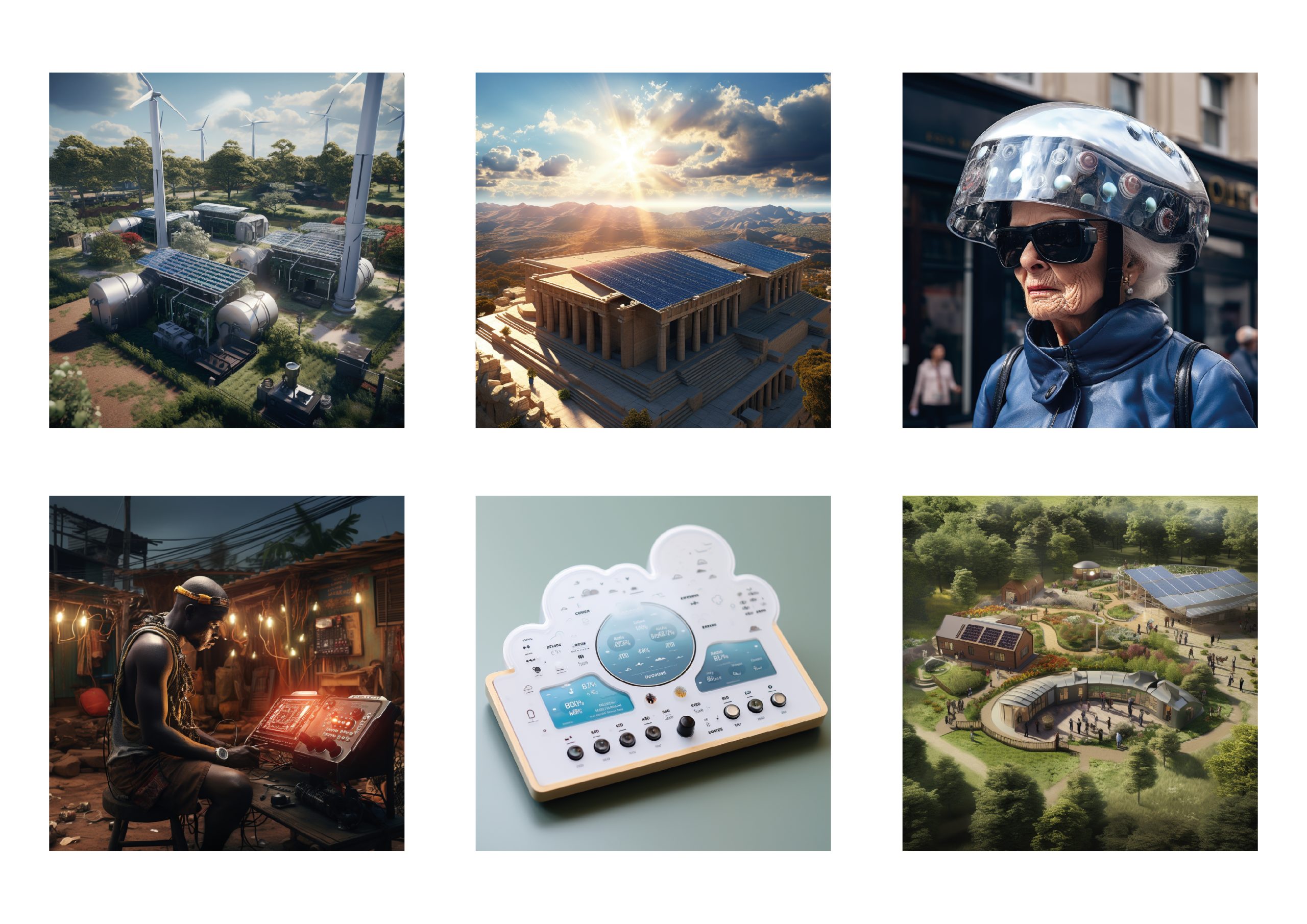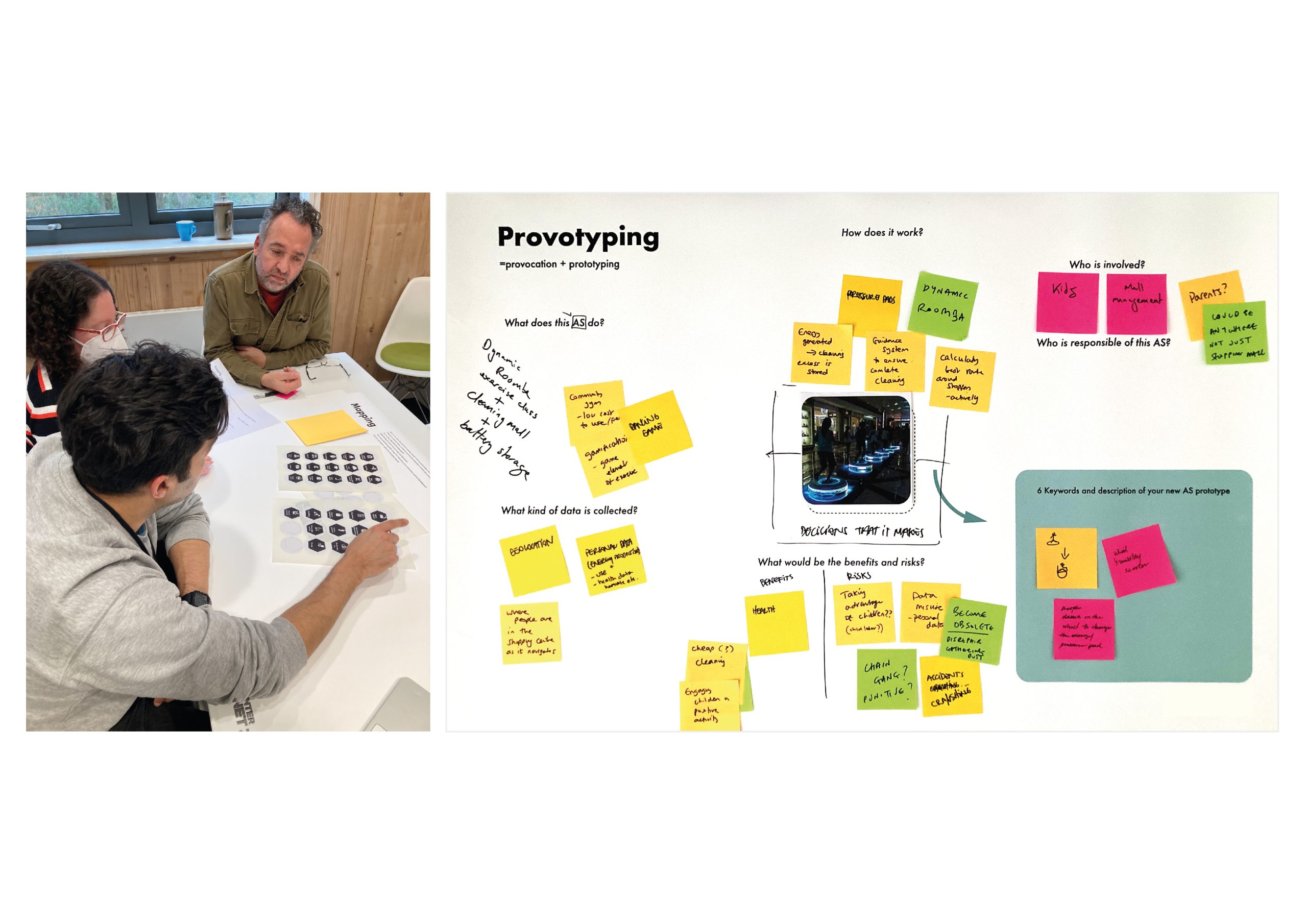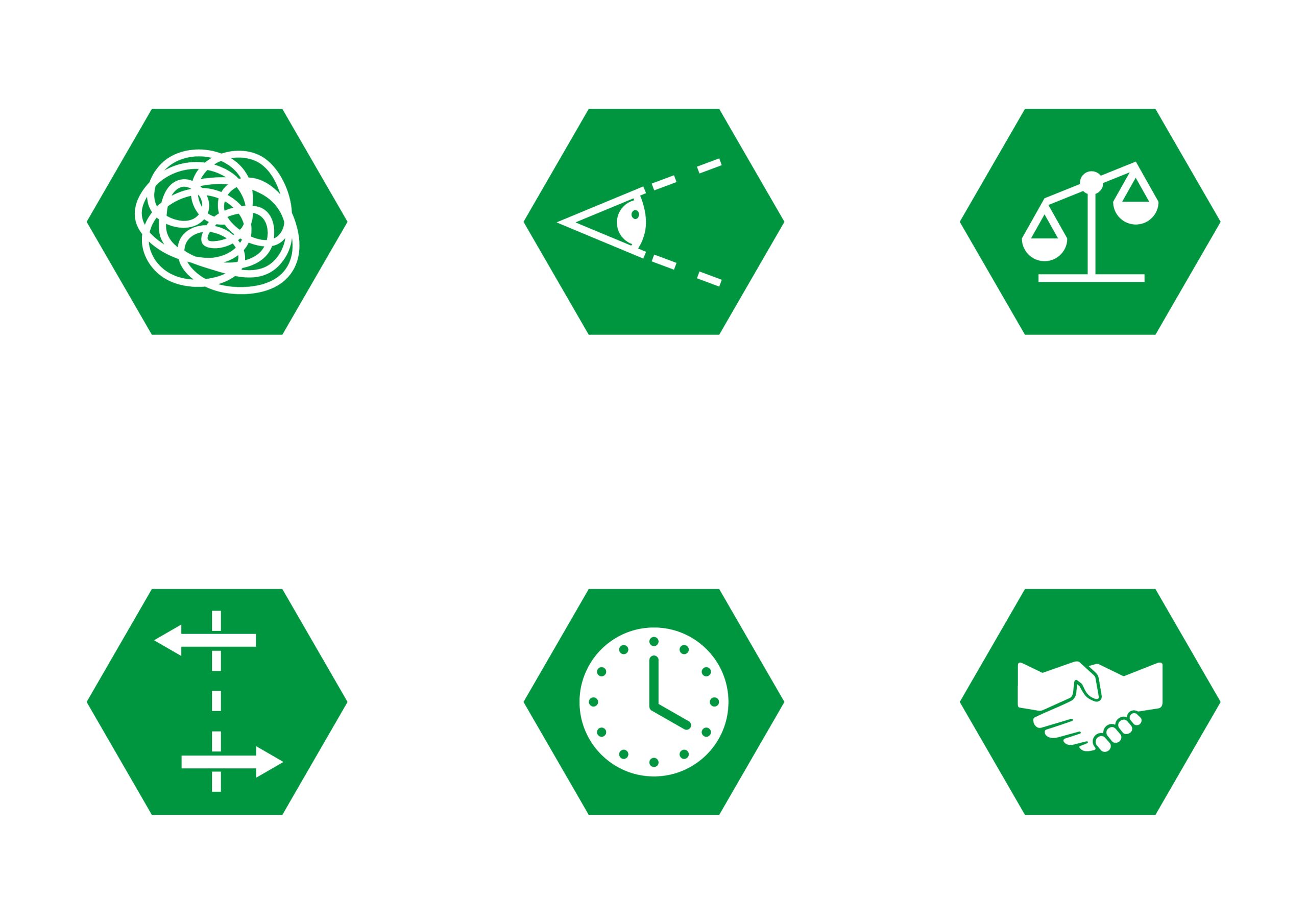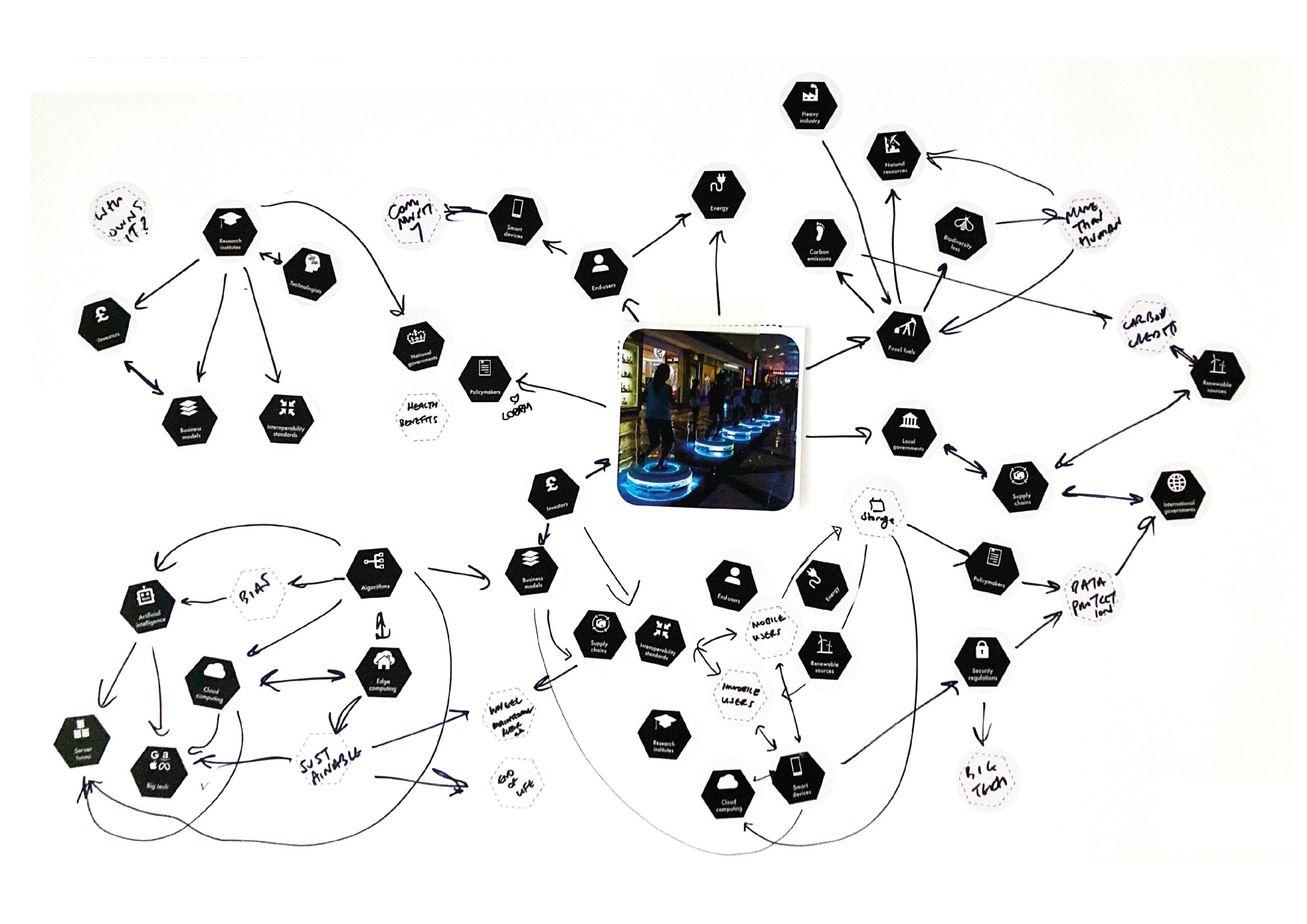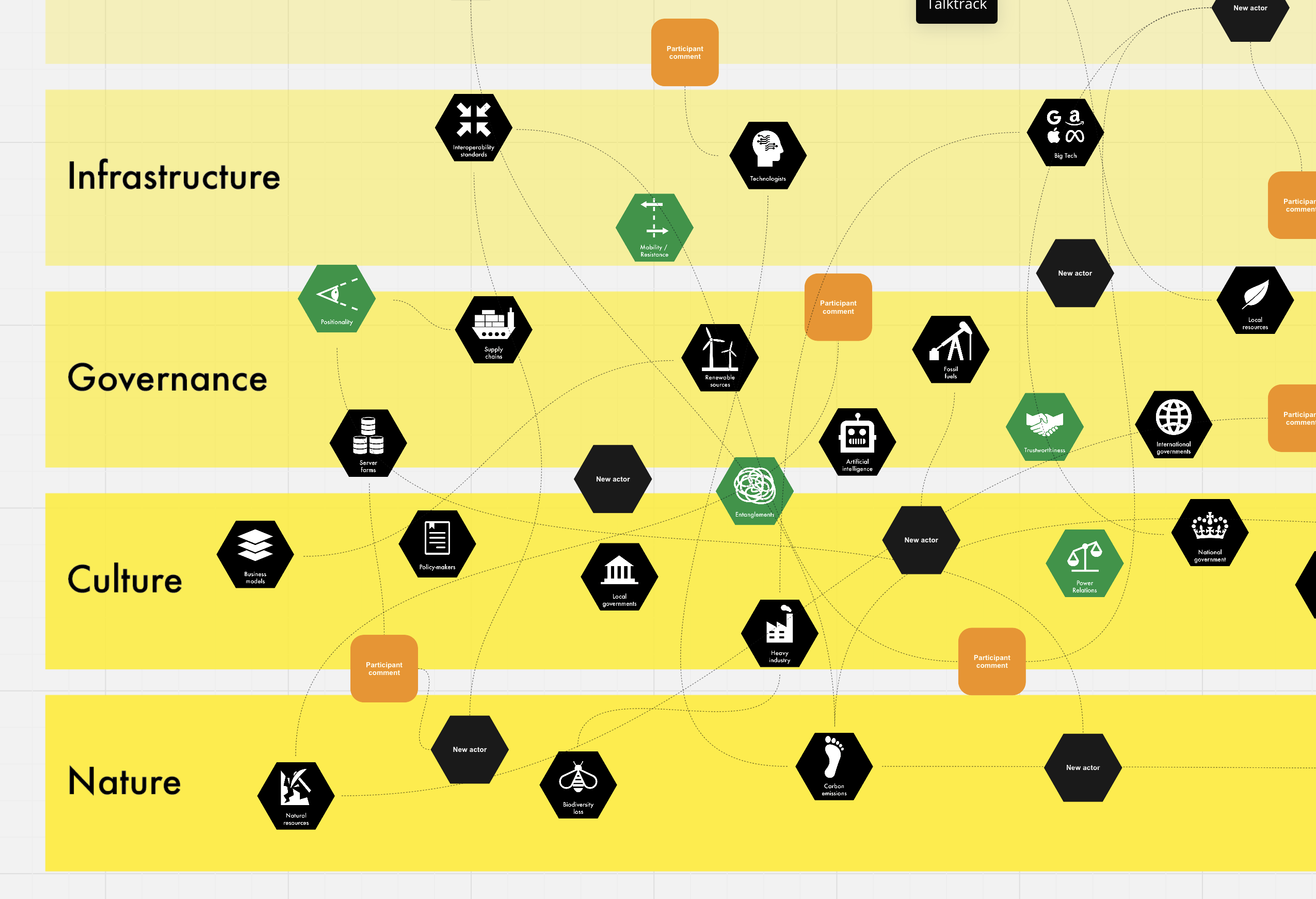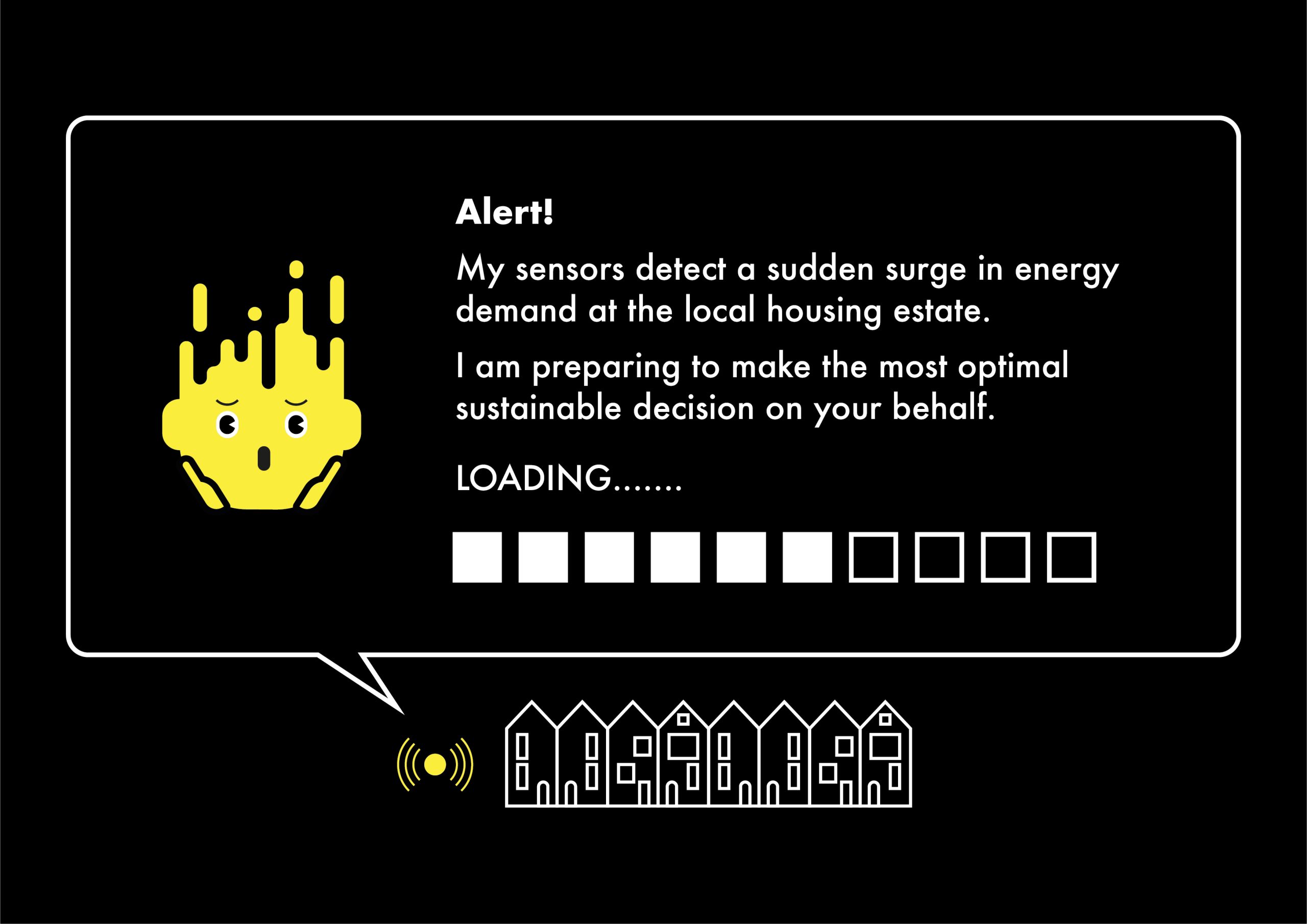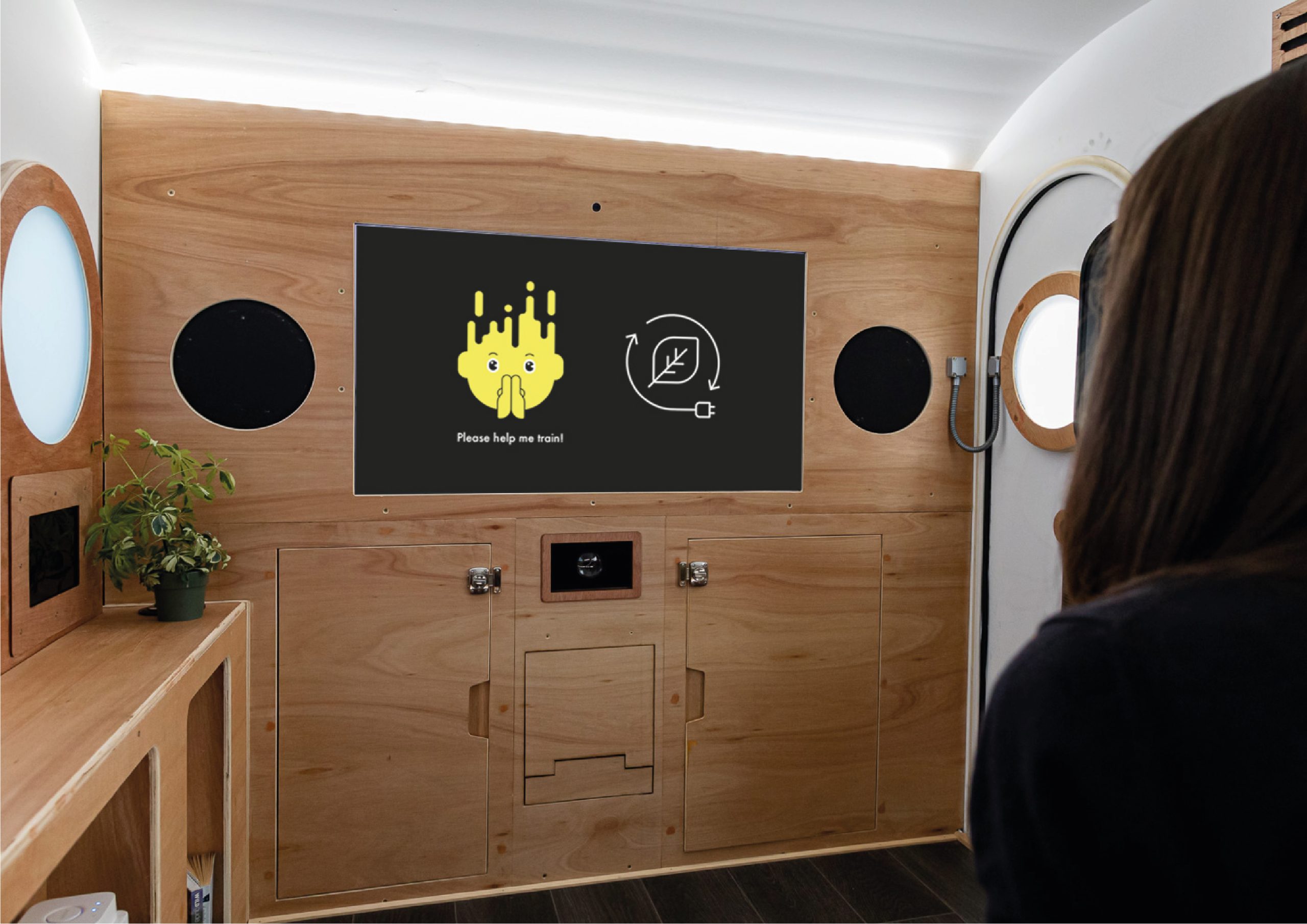InterNET ZERO
Due to their perceived immateriality, autonomous systems built on Artificial Intelligence and Machine Learning are often promoted as resource efficient technologies which help mitigate the unsustainable impacts of the Internet’s rapidly expanding data-driven ecosystem. Yet because of their ubiquity and scale, the environmental impacts of hyperscale autonomous systems are intensifying and their sustainable trustworthiness frequently undermined.
Funded by the UKRI EPSRC TAS Hub, the InterNET ZERO project has aimed to help tackle the environmental, social and technical challenges being presented by autonomous Internet technologies by transforming academic knowledge into practice.
To do so, the project has drawn upon expertise from across Design, Computing and Science & Technology Studies including speculative design, co-design, human-data interaction and critical infrastructure policy methods.
“AI and Machine Learning are making more of the key decisions regards the Internet’s energy use and emissions, with less human oversight. There is consequently a growing argument that if society is to successfully transition to a digital Net Zero future, we should start to consider these technologies as key mediators that must be actively negotiated with, in the same way that we work to build trust between one another” says Principal Investigator Dr Stead.
To explore these issues, the research team has collaborated with cross-sector partners Energy Systems Catapult, Blackburn’s digital fabrication lab The Making Rooms, and climate data cooperative Subak.
Senior Digital and Data Consultant at Energy Systems Catapult, Greg Johnston has worked with the research team.
He said: “The InterNET Zero project provides us with a fantastic opportunity to focus on how the decentralisation of digital systems and energy can have impact for communities across the UK. The work explores how autonomous systems are trusted, explained, and held accountable as they perform a larger role in society.”
Together, the team has run a programme of work that has included engaging with a range of stakeholders – including technologists, policymakers, and citizens – to rethink current autonomous system design and co-create new visions and pathways for more resource responsible and trustworthy Internet infrastructures.
Insights generated through our workshops have led to the creation of a More-than-Human Participatory Futuring toolkitand InterNET ZERO – an interactive More-than-Human game world which allows participants to consider the growing environmental and social impacts of autonomous AI systems.
